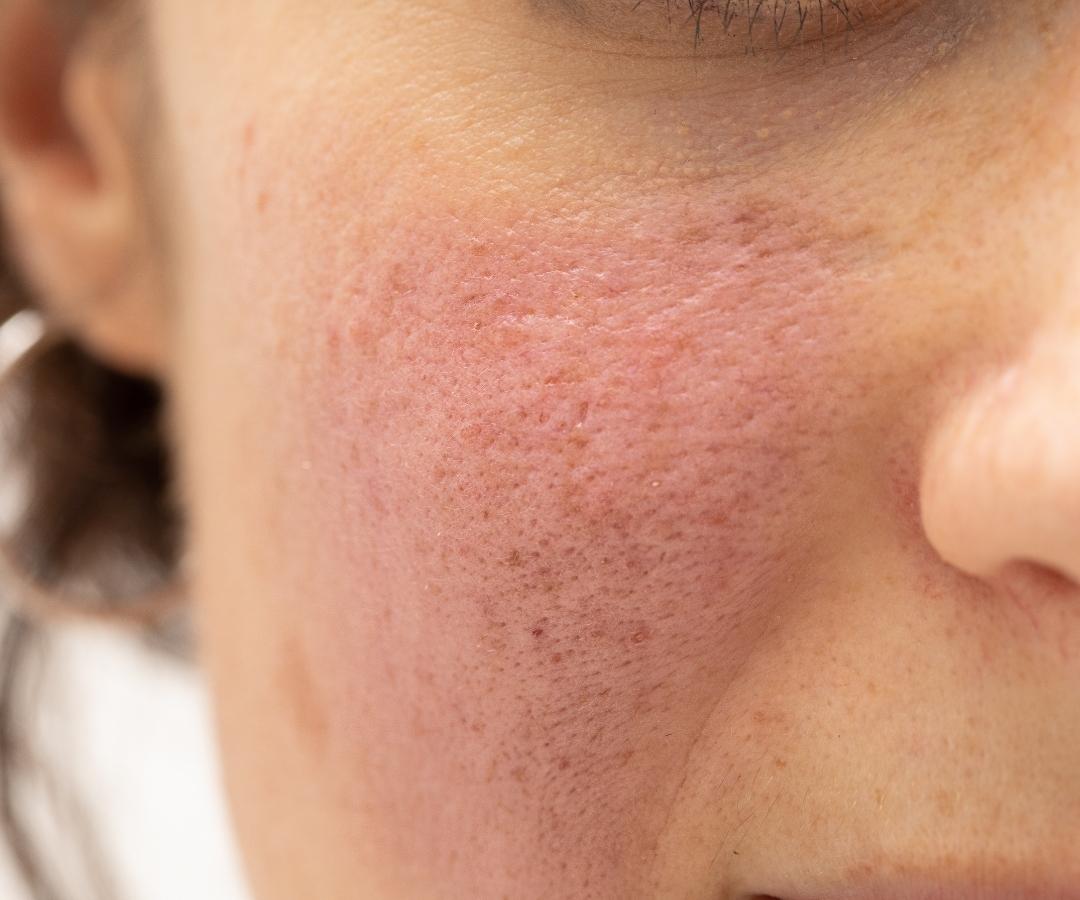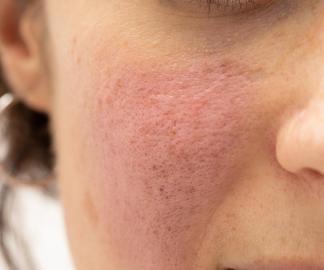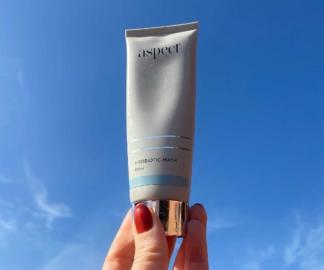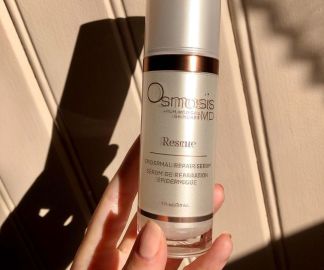
Fact: Rosacea is a very common skin condition.
Anyone can get rosacea (although it does tend to be more common in people with lighter skin types), but it's different to the skin redness many of us experience every so often.
If you have rosacea, you'll know it comes and goes.
People with rosacea will likely experience periods where their skin feels and looks fine, followed by flare ups every so often.
Oftentimes, rosacea flare ups become more common in summer and/or hot, humid weather.
Sounding familiar?
Keep scrolling for some practical expert rosacea advice, including how to manage flare ups coming into the warmer weather.
What Is Rosacea?
Rosacea is a skin condition that involves persistent skin blushing, flushing and uneven texture.
Rosacea symptoms can include visible blood vessels on the face. And some people may even get tiny bumps alongside it, which is why it's commonly mistaken for acne or other skin conditions.
If these symptoms are persistent or they really bother you, it’s important to book in to see your doctor, who may refer you to a dermatologist for a proper diagnosis.
What Causes Rosacea?
There aren't really any well known reason why rosacea starts, however genetic, immune and environmental factors are all known to contribute.
Currently, there's also no ‘cure’ for rosacea. So if you do have rosacea, you will have it for life.
It’s not all doom and gloom though!
There are ways to manage rosacea and reduce the severity of rosacea flare up symptoms like redness, rough skin texture and flushing with appropriate skin care and professional treatments.
Watch this Youtube video for more on the different types of facial redness and how to treat it.










